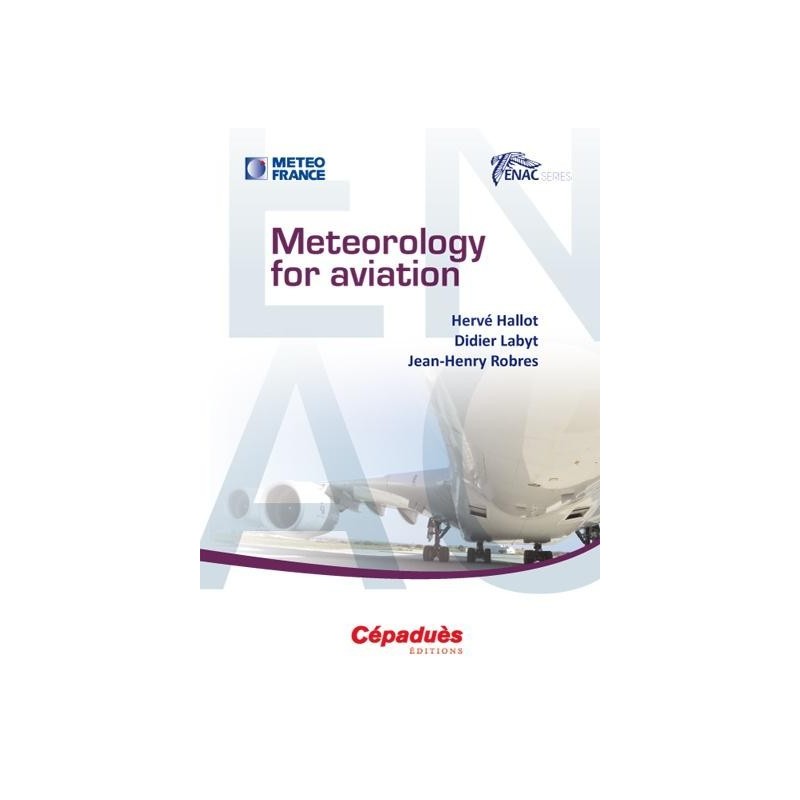
METEOROLOGY FOR AVIATION.
Aviation takes place in the atmospheric environment, a four-dimensional medium, with the skys landscape changing as time goes by. Meteorology observes and measures the atmosphere: the main purpose of meteorology is to anticipate atmospheric change. So there is a natural connection between the meteorologist and those who design and operate aircraft like engineers, pilots, air traffic controllers.
This common field of activity often involves exchanges of the same type such as those between a general practitioner and a patient. The pattern of these exchanges has been considerably changed by the recent, quick evolution of the world of meteorology and aviation. This evolution notably imposes a greater distance between the meteorologist and the patient. The pilots pre-flight meteorological briefing is becoming rare, and is being replaced by multiform coded information systems. There are immediate consequences for the pilot: he must be soundly trained in meteorology. This will enable him to quickly understand the content of the information available which is presented with no colour or highlight. This will enable him to get a practical picture of the weather.
In the following chapters, you will acquire basic but structured knowledge, to meet part of the aims outlined below.
A general, modern view of the atmosphere, and its movements, is needed to deal seriously with this subject, assess a situation, and anticipate weather during a flight. Some well-established principles can guide your meteorological reasoning. This way of approaching the atmospheric environment will be quickly enriched as you gain more and more experience.
This meteorology manual is first intended for aeronautical users. As it is an initiation for many students, it is not weighed down with in-depth theoretical developments, or with meaningless equations. It is really intended to help you understand the essentials, the most basic atmospheric principles and mechanisms. You will see that it is not too simplistic or popular. The atmosphere is complex and you will perhaps discover this.
It goes without saying that this book includes all the knowledge required for the FCL European programme in its most complete version, the Air Transport Pilot Licence. The language and symbols used, as the illustrations, are essentially aeronautical.
Additional information (yellow boxes) or anecdotes (blue boxes) are added to the subject.
This manual is not intended to bore you, but to give you good knowledge of meteorology and help to improve safety and efficiency in aviation.

